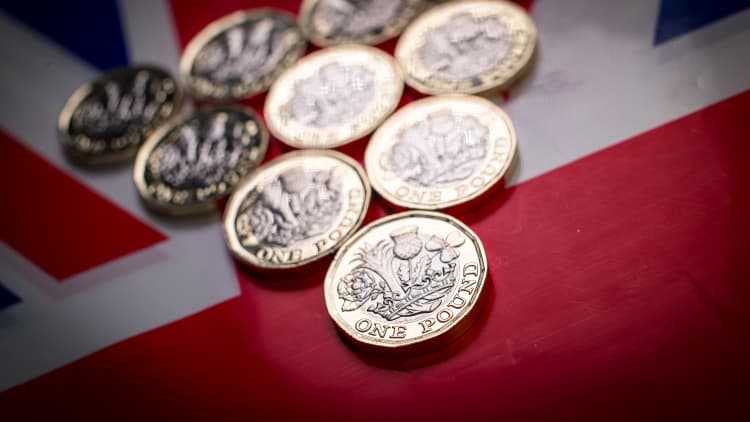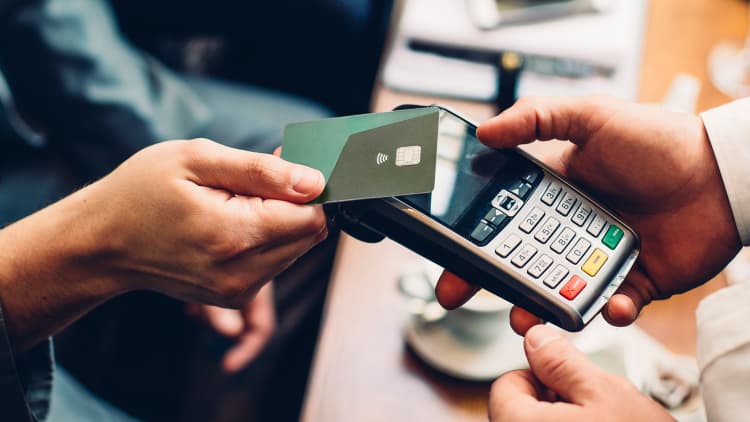Central banks should consider issuing digital currencies as money faces a "historic turning point," according to IMF Managing Director Christine Lagarde.
In a speech at the Singapore Fintech Festival on Wednesday, Lagarde highlighted the changing nature of money as demand for physical cash decreases around the world. She said central banks have a role supplying money to the digital economy.
"I believe that we should consider the possibility to issue digital currency," Lagarde said.
Lagarde said a central bank-backed digital currency could help promote financial inclusion, security, and privacy in payments as a low-cost and efficient alternative to paper notes. But she also warned of risks to financial stability and innovation.

"My message is that while the case for digital currency is not universal, we should investigate it further, seriously, carefully, and creatively," Lagarde said.
Central banks around the world are weighing how the rise of non-cash payments affects their conventional role printing bank notes and managing money supply. Lagarde singled out central banks in China, Canada, Sweden and Uruguay that are "embracing change and new thinking" about how they might supply digital currencies to the public.
For example, Sweden's central bank, the Riksbank, is planning to pilot a version of a digital currency called e-krona in 2019. Sweden is considered to be one of the most cashless societies in the world with just 13 percent of Swedes using cash for their most recent purchase in a shop, according to a recent survey from the Riksbank.
Central bank-backed digital money
Deposits held in commercial banks are already digital, but a digital currency might be backed by the government in the same way cash is today, Lagarde said. Digital currencies could come in the form a state-backed token, or through an account held directly at the central bank.
Cryptocurrencies like bitcoin, on the other hand, offer a "decentralized" option, meaning they are not controlled by a central authority. Lagarde said she is "not entirely convinced" about cryptocurrencies that are anchored in "trust in the technology."
"Proper regulation of these entities will remain a pillar of trust," she said.
'Immediate, safe, cheap and semi-anonymous'
To promote competition in the financial services industry, Lagarde said central banks could partner with the private sector. Banks and financial institutions could manage a customer's holdings while governments make the digital transactions, she said. This arrangement would continue to encourage innovation among banks and start-ups while allowing central banks to focus on their advantage of "back-end settlement."
"The advantage is clear," Lagarde said. "Your payment would be immediate, safe, cheap, and semi-anonymous."
The IMF released a new paper on Wednesday weighing the case for a central bank-backed digital currencies. It found it is too early to draw conclusions on the net benefits as every country faces unique circumstances around cash usage and e-money adoption. Lagarde said policymakers need to be open-minded about changes in the financial landscape.
"Technology will change, will change us, so we should change as well," she said.



